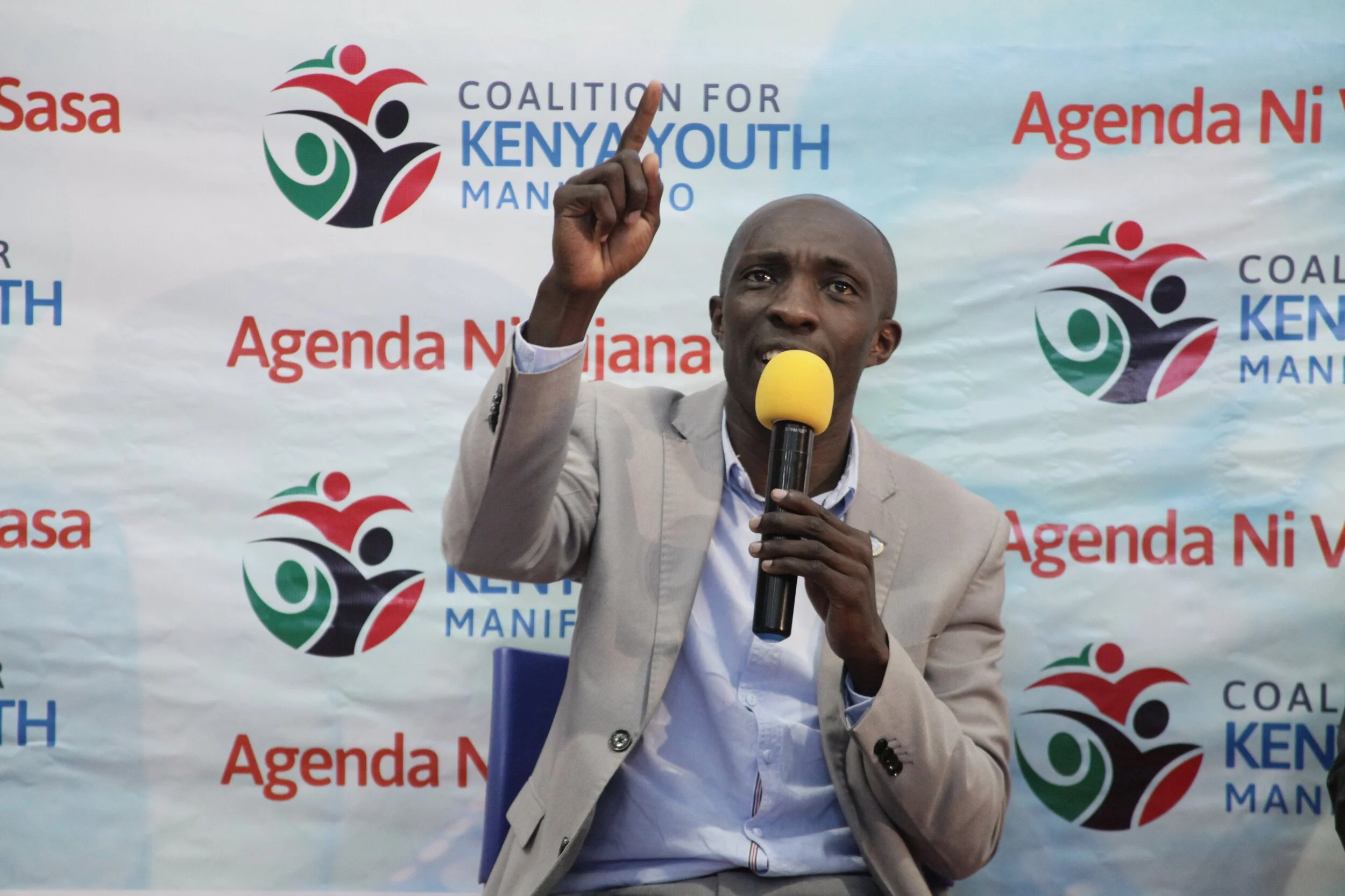This report is The Youth Cafe’s review of youth participation in 2022 General elections in Kenya. It builds on the previous reports by adding new data from the last two general elections, using age data from official electoral datasets., as well as other quantitative and qualitative data from 47 counties. The data is current as at 16 Jan 2023. Scholarly studies and information from interviews also helped provide a full picture of youth participation before, during and after elections in 2022. Key findings and examples of good practices on addressing youth under-representation are included throughout the report, as are recommendations for further action.
Youth Candidacy in Nigeria’s 2023 Elections
In the 2023 general elections in Nigeria, the Independent National Electoral Commission (INEC) will conduct elections in 176,846 polling units for elections into the office of the President, Governors, National Assembly, and State House of Assembly seats. Eighteen political parties nominated a total of 15,336 candidates for the one Presidential, 28 governorship elections, 469 legislative seats in the National Assembly, and 993 legislative seats in the State Houses of Assembly. According to the African Youth Charter, youths are classified as persons between the ages of 18 – and 35 years. The National Youth Policy defines 15 – 29 as the youth age bracket for Nigeria.
Digital Media And Information Literacy In Civic Engagement | A Handbook For Young People And Youth Organizations
This handbook will help young people and youth-led organizations to advance their digital media and information skills. It contains four chapters that have been broken down to address key concepts with regard to digital media and information literacy. Living in the 21st Century, media has rapidly become central to everyday life. Through the ever-improving use of technological tools such as mobile phones, tablets, laptops, and computers, users have the opportunity to engage in anything from political and social debates and educate, inform, and entertain themselves and others around the world.
Justifying Meaningful Engagement And Inclusion Of Young People In Political Processes.
More transparency, better accountability, and greater responsiveness to the youth demographic are elements young Kenyans yearn for. The Kenyan government is beginning to respond to these demands. To encourage more civic engagement by younger citizens, the government is taking measures through the World Bank's Kenya Accountable Devolution Program (KADP) to incorporate public participatory budgeting into their budget decision-making process. The 2007 general elections highlighted Kenya's failure to engage its youth constituency effectively in political, governance, and electoral processes. Building trust between young people and democratic institutions is critical as young people make up a substantive part of the overall Kenyan population.
The Huduma Bill 2021 Was In Parliament For Its 2nd Reading.
The Huduma Bill 2021 was in Parliament for its 2nd reading. The Huduma Bill proposed the largest set of changes to the legal framework governing Kenya’s identification system since before independence. If enacted, the Huduma Bill would become the single law anchoring birth and death registration, issuing identity cards, issuing passports, and governance of the National Integrated Identity Management System (NIIMS). The draft legislation, system design, and all other decision points around the National Integrated Identity Management System (NIIMS) must be considered very carefully, comprehensively, and transparently.
The Okoa Uchumi Campaign Citizen's Manifesto For Elections 2022 | Public Debt Accountability For Economic Justice.
The Okoa Uchumi Campaign is a civil society initiative committed to the goal of accountability in Kenya's public debt management. The dire state informs the campaign of debt management, which has been marred by opacity in decision making, mismanagement of debt expenditures, and flagrant violations of public finance requirements, which have contributed to the present economic crisis and a debt trap. The campaign is grounded in our constitutional responsibility to respect, uphold and defend the Constitution of Kenya.
The Youth Café Receives The WIN WIN Gothenburg Sustainability Youth Award 2021.
The WIN WIN Gothenburg Sustainability Award is a non-profit organization financed by the City of Gothenburg, Region Västra Götaland and several member organizations and companies. It is the world’s largest sustainability award that aims to recognize and support outstanding contributions from around the world. The goal of the award is to stimulate creativity and achieve lasting synergies as it strives to strike the right balance between ecological, environmental, and social needs. The prize has been presented in Gothenburg since 2000. The WIN WIN Youth Award is an international award that aims to empower and reward young people who play an active role in the creation of a more sustainable future.








